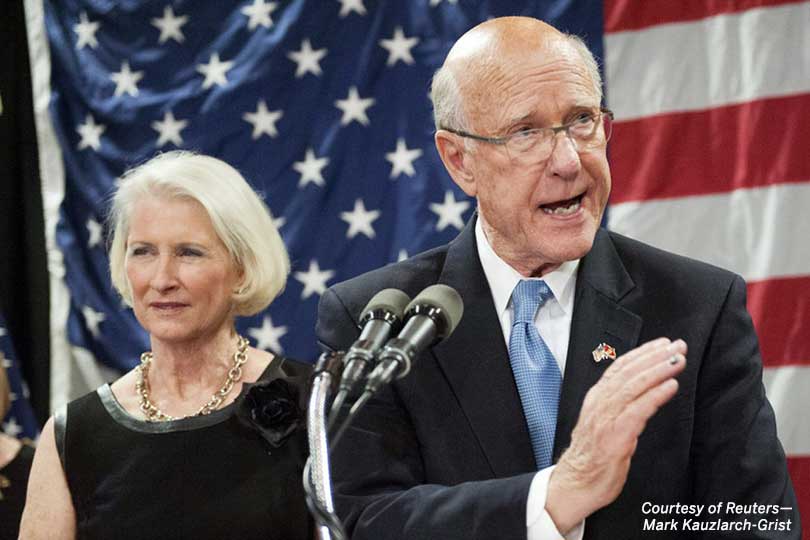A bill that would preempt state GMO labeling laws was blocked today in the U.S. Senate.
The vote to invoke cloture on the bill by Senate Agriculture Committee Chairman Pat Roberts was 48 “yes” to 49 “no.” Sixty “yes” votes were required to advance the bill.
“This is a pretty simple vote. You’re either for agriculture or you’re not,” Roberts said before the vote.
Opponents are demanding more concessions from the food industry on proposed new disclosure requirements for biotech ingredients. The Roberts bill would ban state laws requiring labels for genetically modified foods and set up a voluntary federal system of disclosure that could become mandatory if companies do not voluntarily label 70 percent of the products in three years.
Texas Farm Bureau and the American Farm Bureau Federation (AFBF) support the bill.
“To say we are angry with those senators who abandoned farmers and ranchers and turned their backs on rural America on this vote is an understatement. Their votes opposing this measure ignored science, threw our nation’s food system into disarray and undermined the public’s understanding of the many benefits of biotechnology in feeding a growing and hungry population,” AFBF President Zippy Duvall said. “We remain hopeful they will have a chance at redemption by correcting this situation that will otherwise lead to increased food costs for consumers and stifle agricultural innovation, which remains a strength of our nation. We must not let anyone forget that rural America and our farmers and ranchers do matter.”
Senator Marco Rubio and presidential candidates Sens. Ted Cruz and Bernie Sanders were not present for the cloture vote.
Senate Agriculture Committee ranking member Debbie Stabenow voted against cloture. She said before the vote that negotiations would continue and she hoped a deal could be wrapped up “yet this week,” but it was also possible that any resolution would have to wait until after the two-week Easter recess, according to Agri-Pulse.
A Vermont mandatory labeling law goes into effect on July 1.

